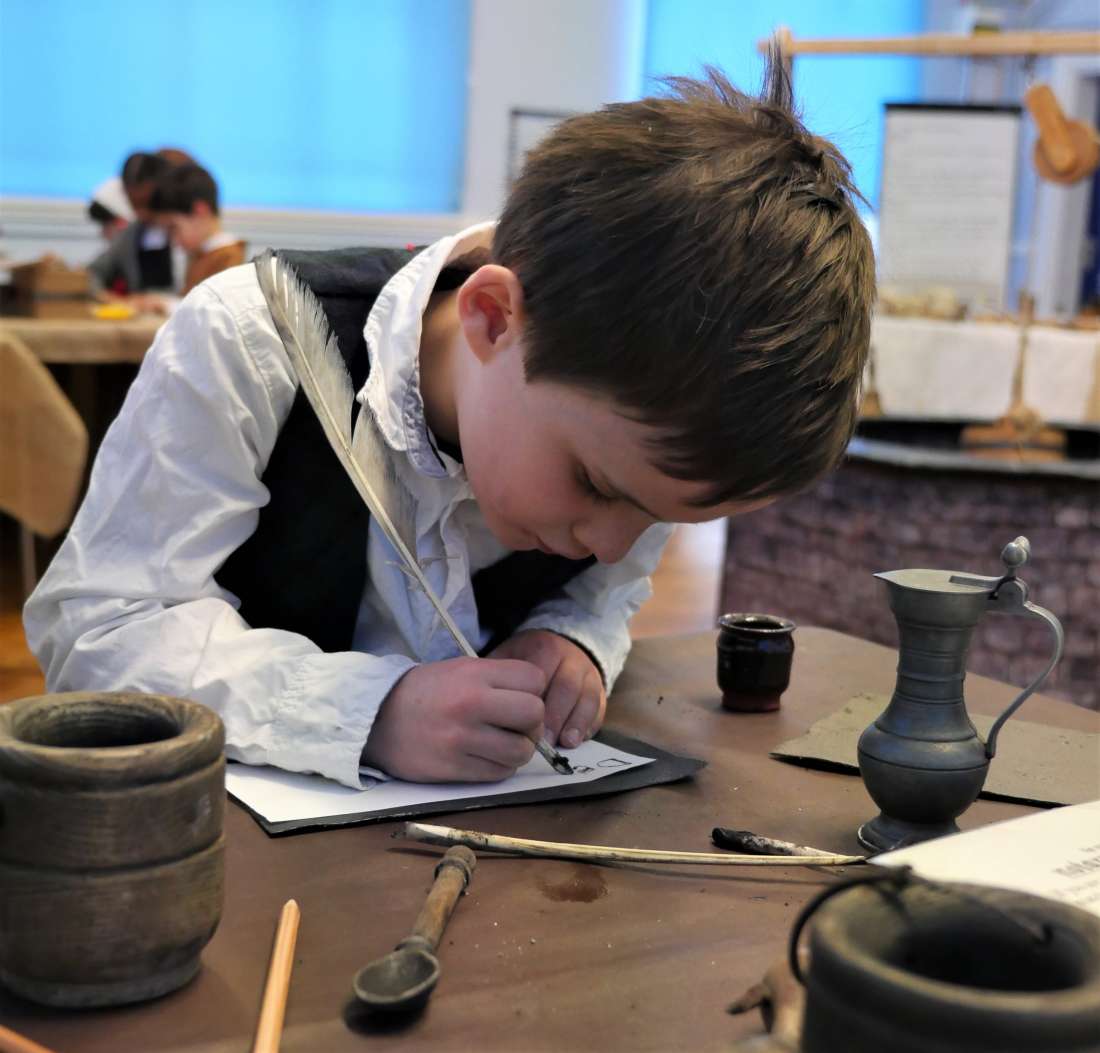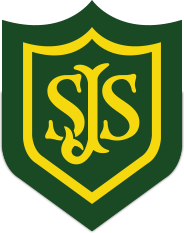History

History
History
At St John’s, our history curriculum develops informed, reflective young historians.
Intent
At St John’s we have written our own history curriculum using resources from KeyStage History. We aim to deliver a rich, engaging, and enquiry-led history curriculum. Our intent is to ignite pupils’ curiosity about the past and develop their understanding of how history has shaped the world they live in today.
Through carefully planned units, we aim to equip pupils with a strong chronological framework, enabling them to make meaningful connections across time periods and cultures. The curriculum is structured to foster critical thinking and historical enquiry, encouraging children to ask questions, investigate evidence, and form reasoned interpretations. Topics were carefully chosen to reflect the diversity of our local context, while meeting the objectives of the national curriculum.
We aim for all pupils to:
- Develop a secure understanding of key historical concepts such as change, continuity, cause and consequence, similarity and difference, and significance
- Gain knowledge of local, national, and global history, with a balance of ancient, medieval, and modern periods
- Build historical vocabulary and use it confidently when discussing and writing about the past
- Understand how historians construct the past using different sources and perspectives
- Reflect on how history informs their identity, values, and understanding of the world
Implementation
We implement our history curriculum through an enquiry-based approach designed to build historical understanding progressively across the primary years. The curriculum is structured around engaging key questions that drive each unit and promote deep thinking, curiosity, and active investigation.
Each unit is carefully planned to ensure full coverage of the National Curriculum, while also encouraging children to develop the key disciplinary skills of a historian: questioning, interpreting evidence, drawing conclusions, and communicating findings. Historical skills are mapped out and explicitly taught to pupils through dual coded symbols. Lessons are enriched with high-quality resources, historical artefacts, visual sources, timelines, and opportunities for role-play and drama to bring the past to life.
Chronological understanding is embedded and revisited throughout the curriculum, helping pupils to make meaningful connections across time periods. Pupils explore a broad and balanced range of local, British, and world history topics, with diversity, inclusivity, and relevance to children’s lives as key priorities.
Teachers use strategies such as guided enquiry, rich discussion, and visual scaffolds to support all learners, including those with SEND and EAL. Knowledge organisers, timelines, and retrieval in the form of memory platforms are used consistently to support long-term retention of key facts and concepts.

 Impact
Impact
The impact of our history curriculum is evident in the depth of knowledge, historical curiosity, and critical thinking demonstrated by our pupils. Through an enquiry-led and progressively sequenced approach, children develop a strong understanding of key historical events, figures, and concepts, and can make thoughtful connections across time periods.
By the end of each key stage, pupils are able to:
- Recall and explain key historical facts, vocabulary, and concepts with increasing confidence
- Understand chronology and place events within a broader historical context
- Ask perceptive questions and use a range of sources to investigate and interpret the past
- Evaluate evidence and construct informed responses about significance, cause and effect, and change over time
- Communicate their understanding using appropriate historical language, both orally and in writing
Regular formative assessment, knowledge retrieval activities, and pupil discussions show that children retain key information and can apply their knowledge across units. Work in books and class displays reflects pride, progression, and engagement with historical learning.
History Long Term Planning 2024-2025

